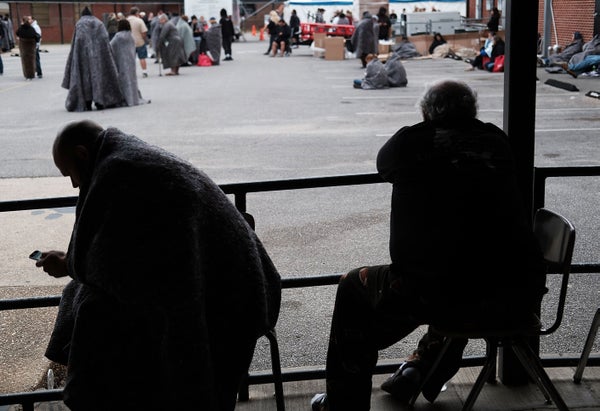This article was published in Scientific American’s former blog network and reflects the views of the author, not necessarily those of Scientific American
The medical community responded in force to a recent statement by a former associate dean of curriculum at the University of Pennsylvania’s Perelman School of Medicine cautioning that the American College of Physicians “stepped out of its lane” by placing gun control in the purview of medical education. Stanley Goldfarb argued in the Wall Street Journal that teaching social justice issues and population health comes “at the expense of rigorous training in medical science” at a time when are in short supply.
As pediatric specialists, we have the medical knowledge and technical skills to treat children at risk of imminent death. To achieve this expertise took many years of rigorous training.
But we also have training—one of us (Paquette) as an alum of the University of Pennsylvania’s medical school—in philosophy, bioethics, public health and law, which equally informs how we care for children and their families and how we teach the next generation of physicians.
On supporting science journalism
If you're enjoying this article, consider supporting our award-winning journalism by subscribing. By purchasing a subscription you are helping to ensure the future of impactful stories about the discoveries and ideas shaping our world today.
Medical education occurs during a finite time period with a myriad of competing requirements. Students must learn complex biological and chemical pathways that explain disease and health. They must be educated on how to read the scientific literature and apply it to their patients. They must master many therapies and know how to adapt them to patients’ varied disease states. On top of all this, they must learn to communicate effectively and compassionately with patients and colleagues.
Being a doctor also demands an understanding of the antecedents of poor health. As a profession, our mission is not simply to diagnose, manage and treat. Physicians should act to prevent the root causes of illness and improve health.
The Centers for Disease Control and Prevention defines social determinants of health as “conditions in the places where people live, learn, work, and play” that affect their health outcomes and has as one of its Healthy People 2020 goals to “create social and physical environments that promote good health for all.” This goal serves our patients who are at risk for worse care and outcomes because they lack access to transportation or medications—or simply because of where they live.
Worldwide, life expectancy and health are directly linked with national spending on public health programs. The U.S., despite spending more on treatment of individuals, ranks lower in life expectancy than countries that have similar overall health expenses but choose to direct funds to population-level interventions.
Our own experiences underlie our perspective that teaching this is important.Practicing in Chicago, where recent evidence points to the discrepancy in life expectancy of individuals living only miles apart—where black mothers disproportionately experience poor obstetrical outcomes and premature births as compared with their white counterparts, where residents name stress, drug abuse and depression as the greatest health threats to local children—we see directly the impact of social determinants of health on our patients.
For individual patients, research tells us that high levels of toxic stress and adverse experiences create epigenetic changes that raise the risk of problems such as heart disease.
We work daily to understand the best ways to teach medical students about social determinants of health. We teach classes on health equity and advocacy designed to place medicine in its larger social context. We lead bioethics curricula that guide students in making ethical decisions while incorporating principles of social justice, public health and population health. And we work with groups such as the National Collaborative for Education to Address the Social Determinants of Health, where the goal is to find and share best practices.
It is through this sort of medical education and holistic understanding of systems that physicians begin to think about the total set of circumstances that brought the patient in front of us. As doctors, scientists and community members, what we want most is to prevent it from happening again.
Doctors are trained to address problems at their root. System- and structural-level social issues are also drivers of poor health, and it is our duty to address them. Rather than veering out of this lane, we should commit to finding ways to engage students here without sacrificing education in other areas.
Medical education must evolve with time to produce future doctors who are able to both treat the individual patient and understand the larger influencers of health. As medical professors, we would fail not only our students but our patients if we expected any less.
